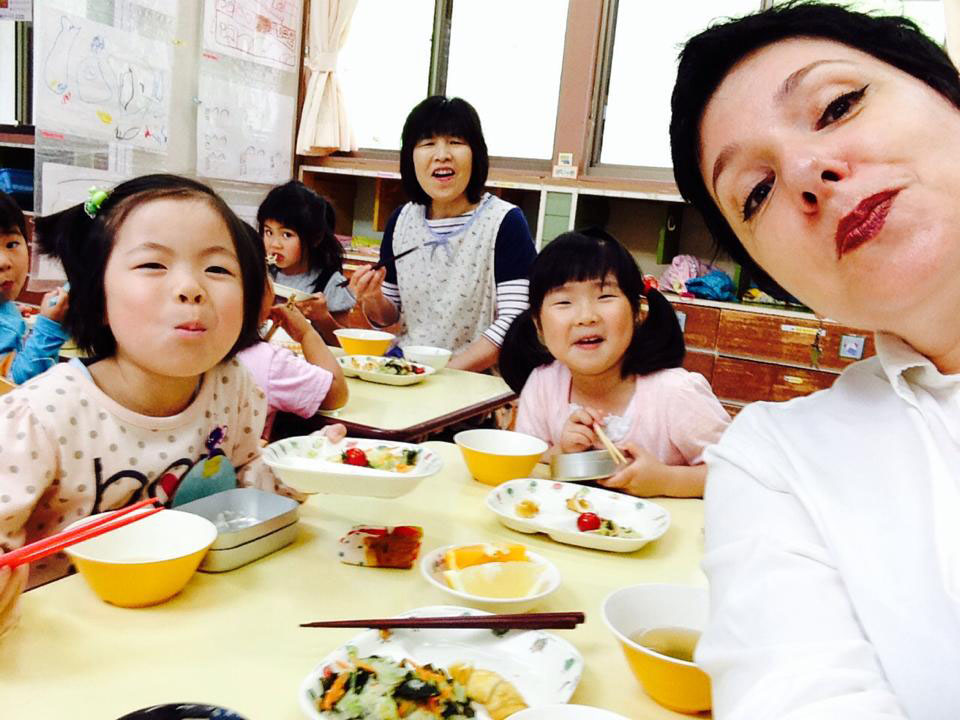Four years on, survivors of the Great East Japan Earthquake have a searing yearning to be remembered, says Amya Miller, who arrived in Rikuzentakata from the United States weeks after the March 11, 2011, disaster. She has been there ever since, and today works as a volunteer for City Hall, which still operates out of a temporary facility in the Iwate coastal town.
The massive tsunami that struck the area left almost 1,800 people dead in Rikuzentakata and thousands more homeless, forced into makeshift camps set up in surviving schools. As the city's PR director, Miller visits the displaced in temporary housing, talking and eating with them and listening to their stories.
"With the words 'Rikuzentakata, we have not forgotten you,' you can ease the pain that continues to mark the lives of the survivors," she says.



















With your current subscription plan you can comment on stories. However, before writing your first comment, please create a display name in the Profile section of your subscriber account page.